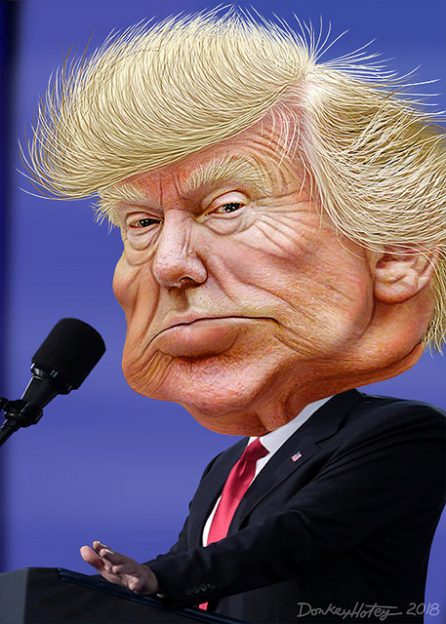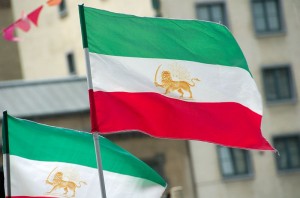Tension in Iran: What is on Trump’s mind?
There has been a renewed tension in the relations between the US and Iran in recent times, and this fact has reflected on the front pages of the world press.
President Donald Trump and his administration never concealed their opinions about Iran, nor about a nuclear deal with Tehran. The US President has always called the Joint Comprehensive Plan of Action (JCPOA) – political agreement concluded in 2015 between Iran and six countries (USA, Russia, China, Britain, France, and Germany) – worst deal of all time. Moreover, Trump’s office regards Iran as the core source of evil in the Middle East.
Trump’s position is reflected in the US national security strategy presented in December this year. In a 68-page document, Iran is mentioned 17 times: both as a state outcast, as a supporter of terrorists, and as a destabilizing element – often along with North Korea. A wave of protests in Iran in late 2017 and their stiff suppression further strengthened Donald Trump in his views. On his Twitter page where you can find latest Trump news, he openly called for a change of power in Iran.
Harvard University expert Sascha Lohmann has evaluated atmosphere in White House as follows. “Most of those who are involved in sanctions toward Iran – probably Trump’s national security adviser, and defense minister, and others – are aware that if the US withdraws from agreement with Iran, there is a danger that a focus of discussion will be not an Iranian leadership but the United States and Trump administration” says Lohmann. And this, he believes, will help Tehran “divert attention inside the country from economic failures of a government and state that sanctions are to blame.
Similarly sees the situation Germany’s Foreign Minister Sigmar Gabriel. “Punishing the whole of Iran and thereby strengthening those who should not be strengthened is not in our interests,” said the head of German Foreign Ministry on January 7.
However, according to Donald Trump news, he has an opportunity to punish Iran without jeopardizing a nuclear agreement and conflict with its European allies. The United States can impose sanctions on Iranian officials involved in an arrest of participants in December demonstrations. Also, Washington can take punitive measures against organizations that support Iranian program to develop ballistic missiles.
In the view of Donald Trump latest news, Secretary of Defense James Mattis said that Iran is a country that at a state level supports terrorism. And if we take into account emphatically pro-Israeli position of the new US administration and the fact that Israeli community and Israel were main critics of US-Iran talks, the picture becomes more complete. A test of missiles, by and large, cannot be considered a violation of an agreement on Iran’s nuclear program, but this served as a very convenient occasion for Trump to introduce into an agenda a need for editing US-Iran relations.
US-Iran relations should also be viewed from the point of view of emerging global US policy. Developing China is a main political and economic competitor of the United States and the main contender for a role of a second superpower country. The US can not let it happen, and therefore, they must take measures to limit China’s economic growth at any cost. Iran is now on a road to becoming a regional superpower, and, in the view of the United States, poses a threat to a security of Israel and can gain a great influence in the Middle East ousting the United States.
The US can not simultaneously confront both Russia, China and Iran, so Washington is forced to settle relations with Russia, because, in a foreseeable future, Russia can become a serious economic competitor for the United States.
The monstrous economic situation is also connected with the fact that even after a conclusion of the nuclear agreement, Iran remained practically isolated from the international financial market. “Big banks and companies do not seek the Iranian market, and not without reason,” says Sacha Loman. “As long as the United States threatens with the resumption of sanctions, for most international companies, Iran remains a minefield from a legal and economic point of view.”
In the context of Trump news today, it is also worth noting that protests in major Iranian cities began recently amid a difficult economic situation in the country. As local media say, during the protest actions, ten people were killed, but the authorities claim that “the law enforcement officers did not open fire on the protesters.” Iranian President Hasan Rouhani previously noted that the riots were caused not only by internal problems but also by incitement from outside.
Earlier, the administration of the US President Trump today officially supported Iranian protesters, and US Vice President Michael Pence said that Washington would not ignore the protest movement in Iran.
Author: Susan Wallace
















